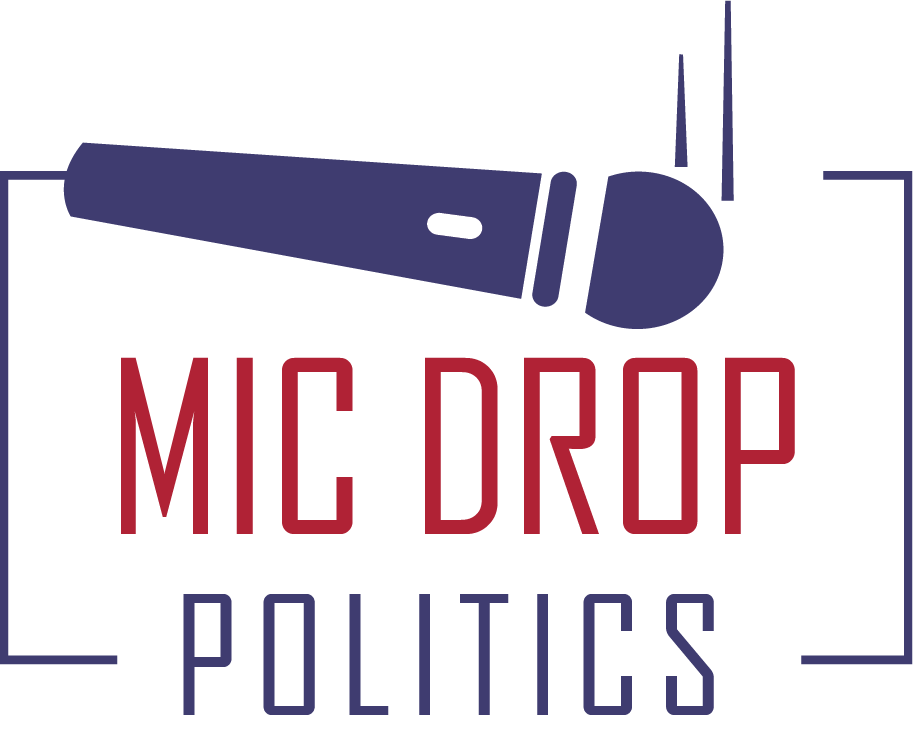In Friday’s Spell v. Edwards, Judge Brian A. Jackson (M.D. La.), rejected an argument that Louisiana Gov. John Bel Edwards’ shutdown order (which limited indoor church gatherings, among other gatherings, to at most 10 people) violated the Free Exercise Clause. But the court also suggested that an exemption specifically targeted to church worship services—which some other states have indeed implemented—would actually violate the Establishment Clause:
At the core of their argument, Plaintiffs submit that their congregation “is a large assembly of more than 2,000 individuals” whose religious beliefs require them to assemble for church in person. Additionally, Plaintiff Spell avers that he is imbued with a “duty to lay hands on the sick and pray for them so that they may become well,” which, along with holy communion and the love offering, would lose meaning absent a public gathering….
In determining “the framework governing emergency public health measures,” the United States Court of Appeals for the Fifth Circuit has looked to the Supreme Court’s decision in Jacobson v. Massachusetts (1905). See In re Abbott (5th Cir. 2020). Indeed, the Supreme Court has long recognized that “liberty secured by the Constitution” is not absolute in the face of an epidemic, but rather that a community “has the right to protect itself against an epidemic of disease which threatens the safety of its members.” Jacobson.
The Supreme Court has also recognized that “[T]he right to practice religion freely does not include liberty to expose the community … to communicable disease or the latter to ill health or death.” Prince v. Massachusetts (1944)…. “‘[U]nder the pressure of great dangers,’ constitutional rights may be reasonably restricted ‘as the safety of the general public may demand.'” Abbott (quoting Jacobson)….
Plaintiffs argue that the orders are discriminatory and disparately applied because they permit other “similarly situated non-religious businesses” such as “big box retailers, groceries and hardware stores” to remain open to crowds larger than 10 people. Indeed, a law “lacks neutrality where it refers to a religious practice without a secular meaning discernable from the language or context.”
At the hearing on the instant Motion, Defendants argued that the transient, in-and-out nature of consumer interaction with businesses, like those identified by the Plaintiff, are markedly different from the extended, more densely packed environments of churches, or from nonessential businesses that have been fully closed, including aquariums, museums, arcades, theaters, bars, gymnasiums, and more….
The Court finds that there is a substantial relationship between the occupancy limitations in the Governor’s orders and the current severe public health crisis. Such restrictions are directly intended to limit the contact-based spread of COVID-19. Additionally, like the law at issue in Jacobson, Proclamation No. 52 JBE 2020 is not a complete ban on Plaintiffs’ rights as alleged by Plaintiffs. Under the terms of the order, Plaintiffs have been free to hold outdoor services with as many congregants as they would like and nothing in the orders proscribes, inhibits or regulates the content of their religious speech. Plaintiffs have always been free to fully exercise their rights to assembly, although for smaller numbers of congregants.
Plaintiffs’ Establishment Clause claim is equally unlikely to succeed, as imposing harms on third parties by exempting religious exercise from requirements of the law may impermissibly favor the benefited religion over non-beneficiaries. Estate of Thornton v. Caldor, Inc. (1985). The Supreme Court held in Estate of Thornton that a Connecticut statute violated the Establishment Clause by providing Sabbath observers with an absolute right not to work on their chosen sabbath. A statute (or order) must not have a primary effect of advancing or inhibiting religion. Shielding Plaintiffs’ congregation of 2,000 from the Governor’s orders based solely upon their preference to assemble larger groups for their services may amount to a carveout that is not available to other non-religious businesses, in violation of the Establishment Clause….
When the Establishment Clause bars preferential exemptions from generally applicable laws to religious people or religious institutions—exemptions that aren’t given to political organizations, social organizations, and the like—is an unsettled question, especially when those exemptions can be seen as imposing considerable secular burdens on third parties. Compare Thornton and Texas Monthly, Inc. v. Bullock (1989), which strike down such exemptions, with Corp. of Presiding Bishop v. Amos (1987), which upholds it, and Cutter v. Wilkinson (2005), which doesn’t resolve the question.
Cutter, the Court’s most recent treatment of the question, says that that religion-only exemptions are constitutional if they
- “alleviate[] exceptional government-created burdens on private religious exercise” and
- “take adequate account of the burdens a requested accommodation may impose on nonbeneficiaries.”
But Cutter doesn’t explain how to decide what might constitute a possibly forbidden “burden[] … on nonbeneficiaries”: is it limited to legally binding obligations on third parties, as in Thornton, or also diminution of legal protection offered third parties, e.g., from the spread of communicable disease? (Compare Amos, which seems to limit the Thornton principle to situations where a religious exemption imposes a legally binding burden on a third party.) And Cutter also doesn’t explain what is to be done when element 1 is present—the exemption does lift an exceptional government-created burden on religious exercise—but element 2 is not, because the exemption lifts the burden on religion without taking into account the burden that the lifting imposes on third parties.
The court also noted that defendants’ request for injunctive relief may be moot because on Friday the Governor relaxed the lockdown, providing that “churches and other faith-based organizations are permitted to hold indoor services with up to 25% capacity of total occupancy.”

Comments are closed.